Home » CNC Machining Materials: Metals and Plastics » PPA: Custom PPA CNC Machining Material Supplier in China
Custom PPA CNC Machining Services in China
Machining High-Strength, High-Temperature Components with Superior Performance in Demanding Environments.
- ISO 9001 Certified
- Metal-Replacement Grades
- Automotive & Electronics Expertise
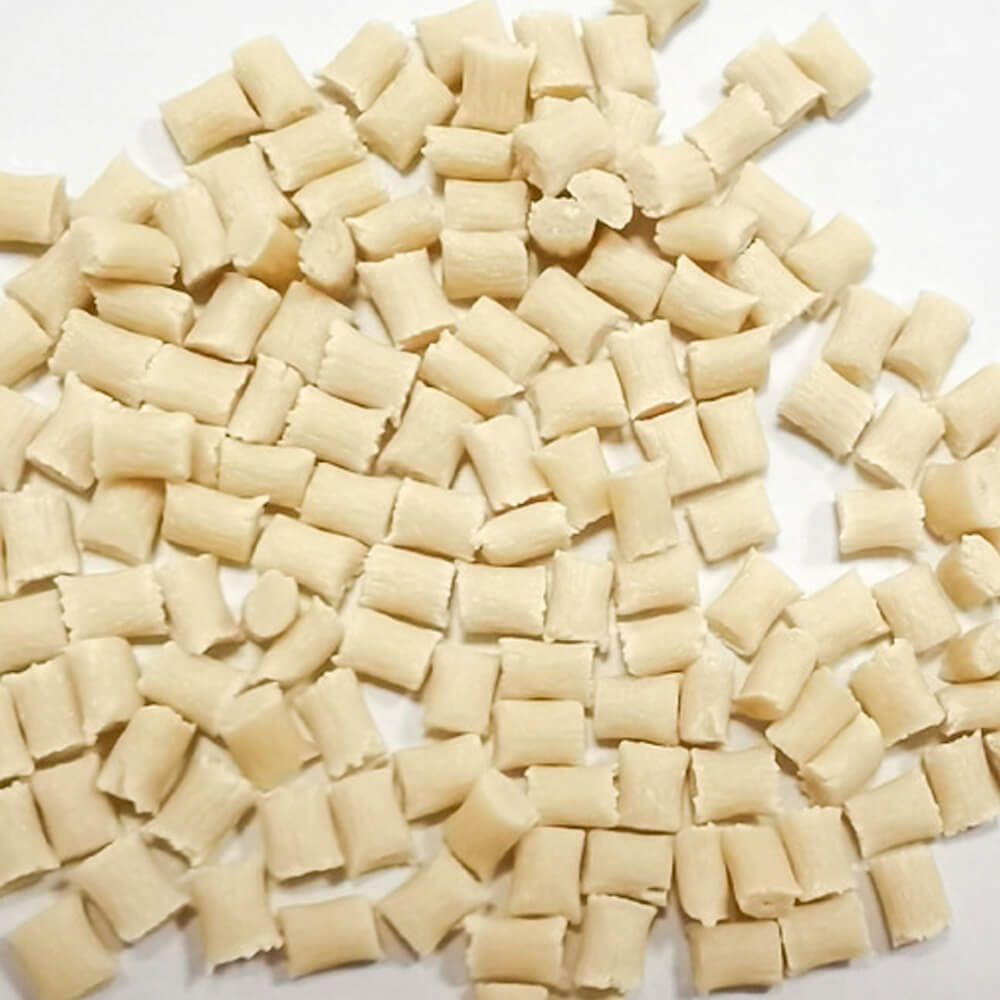

Your Expert Partner for PPA Machining
Celerity Precision is a specialized manufacturer in China offering expert CNC machining of PPA (Polyphthalamide). PPA is a high-performance semi-aromatic polyamide that offers a significant step up in performance from standard nylons (PA6, PA66) and other engineering plastics. It is defined by its exceptional mechanical strength, high stiffness, and its ability to retain these properties at elevated temperatures, even in the presence of moisture. PPA is a premier material for metal replacement in demanding automotive, electronics, and industrial applications. Machining filled grades of PPA requires robust tooling and a deep understanding of the material’s behavior. Our facility is expertly equipped to machine PPA to tight tolerances, delivering components that can withstand the most challenging operational conditions.
Why Choose PPA for Your Machined Parts?
PPA is the engineering solution when standard nylons fail due to heat or humidity. Its key advantage is its low moisture absorption compared to PA66, which means its strength and stiffness remain stable and predictable in real-world conditions. This makes it an incredibly reliable material for critical components. At Celerity Precision, we have honed our techniques for machining these tough, often reinforced, PPA grades. We use carbide tooling and optimized parameters to manage the material’s abrasive nature and produce parts with excellent surface finishes and dimensional accuracy.
Superior High-Temperature Performance
Retains high strength and stiffness at continuous-use temperatures where standard nylons would soften and fail.
High Strength & Stiffness
One of the strongest and stiffest engineering thermoplastics, making it an excellent metal replacement.
Low Moisture Absorption
Much lower water absorption than standard nylons, resulting in far better dimensional and mechanical stability in humid environments.
Excellent Chemical Resistance
Highly resistant to a broad range of chemicals, including automotive fluids, oils, and greases.
High Creep Resistance
Resists deformation under a constant load over time, especially at high temperatures.
Good Machinability (with proper tooling)
Can be machined to tight tolerances and a good surface finish.
30-50% Glass-Filled PPA
This is the most common form of PPA used for machining. The addition of glass fibers provides a massive boost in strength, stiffness, and thermal performance, making it a true high-performance structural material. It is typically black or natural in color.
| Tensile Strength, Yield (MPa) | 180-210 MPa |
| Elongation at Break (%) | 2-3% |
| Deflection Temp. @ 1.8 MPa | 280°C (536°F) |
| Density (g/cm³) | 1.45 – 1.60 |
Surface Finishing Options for PPA
Due to its high chemical resistance and the fact it is almost always a reinforced, functional material, PPA is rarely finished.
As Machined
This is the standard and virtually always the final finish. PPA machines to a clean, smooth, and hard surface. The finish will reflect the filled nature of the material (i.e., you may see the texture of the glass fill).
Pros and Cons of PPA CNC Machining
Pros
- Excellent Metal Replacement: A top choice for replacing die-cast aluminum or zinc in structural parts, offering significant weight savings.
- Performs in Hot & Humid Conditions: Retains its strength and stiffness far better than standard nylons in challenging environments.
- High Strength-to-Weight Ratio: Delivers exceptional mechanical performance in a lightweight package.
- Superior Creep Resistance: Ideal for parts that are under constant load for long periods.
Cons
- High Cost: A premium, high-performance material that is significantly more expensive than standard engineering plastics.
- Abrasive to Machine: The high glass or mineral fill content causes rapid tool wear, which requires specialized carbide tooling and can increase machining costs.
- Brittle: Reinforced grades are very stiff but also brittle, with low elongation. They are not suitable for applications requiring high impact toughness.
- Requires Annealing for Stability: For the highest level of dimensional precision, PPA parts often need to be annealed (a controlled heating/cooling cycle) to relieve internal stresses.
Applications of CNC Machined PPA Parts

Automotive
Under-the-hood components like housings for sensors, throttle bodies, thermostat housings, and fuel system components.
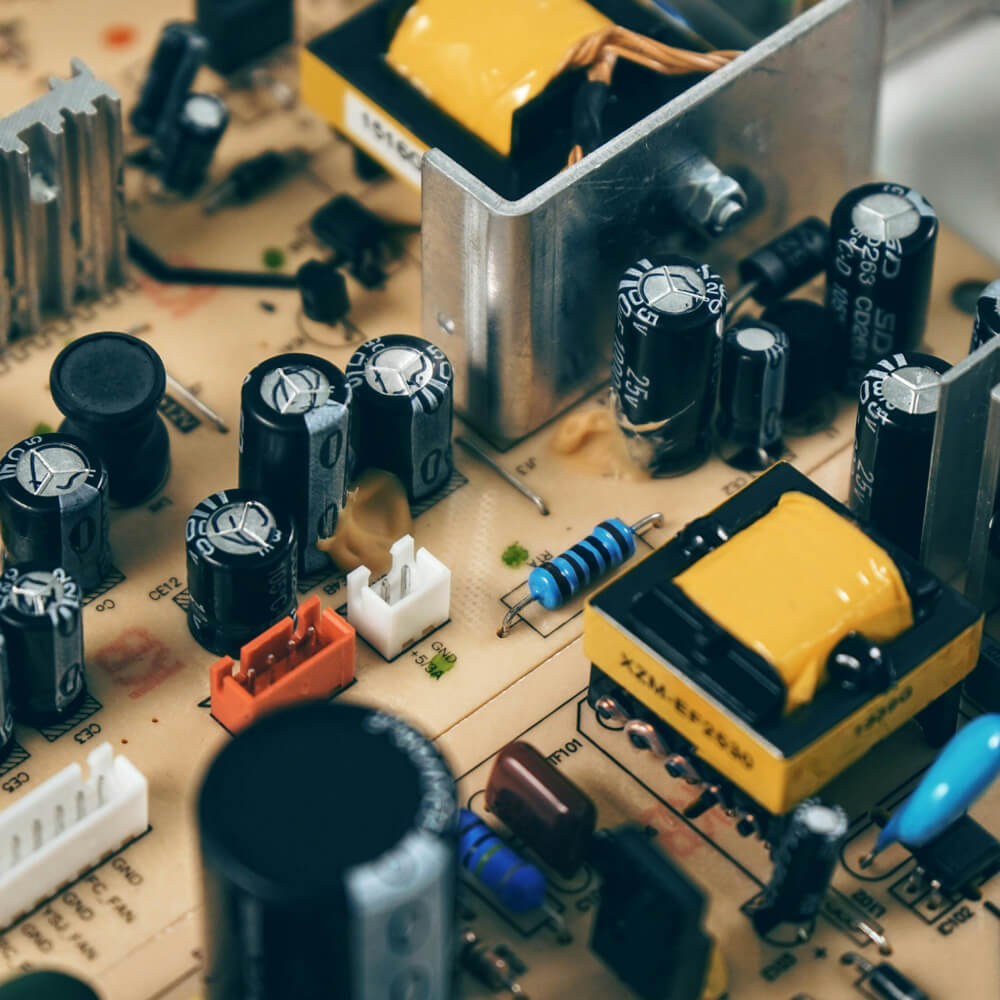
Electronics
High-temperature electrical connectors, sockets, and insulators that require lead-free soldering temperatures.
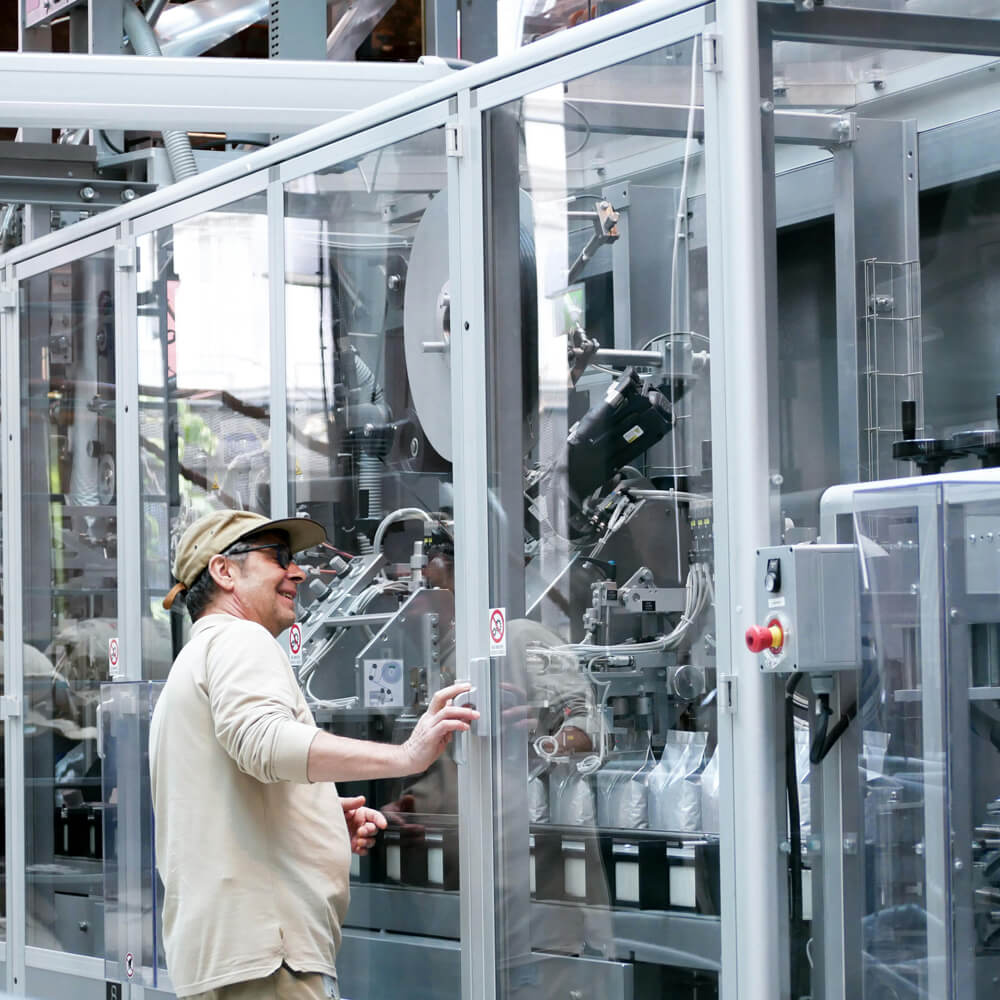
Industrial
Pump housings, valve bodies, and impellers for handling hot or corrosive fluids.
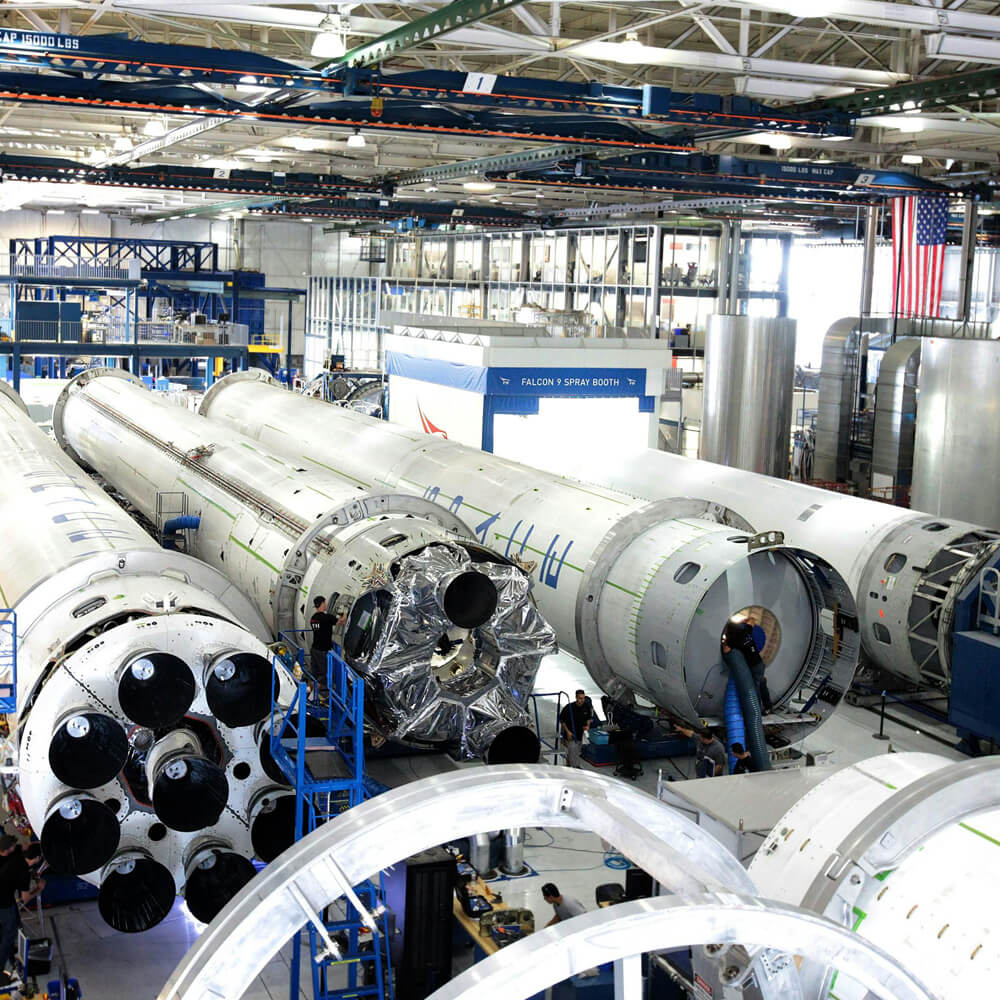
Aerospace
Lightweight structural brackets and housings for non-critical applications.

Medical
Components for reusable medical devices that must withstand repeated steam sterilization (autoclave).
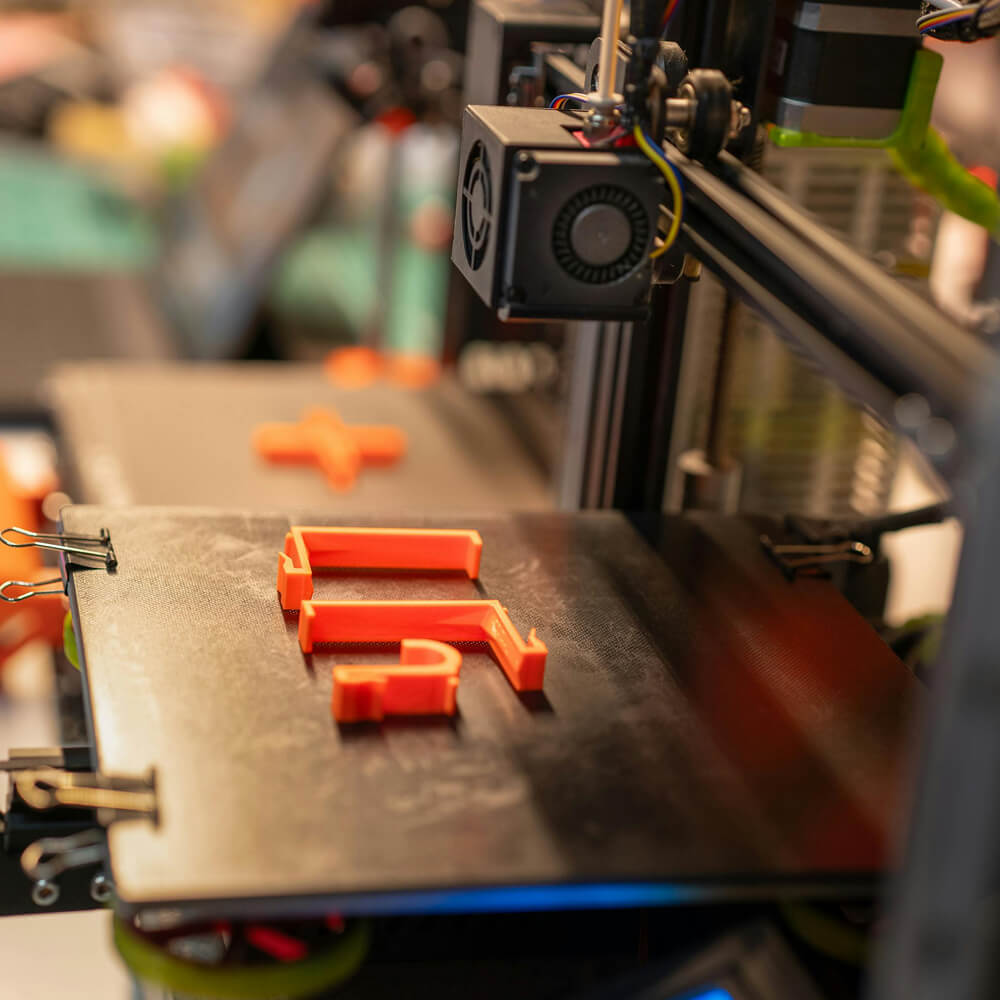
Prototyping
Creating functional, high-fidelity prototypes for parts that will eventually be injection molded from PPA.
PPA Machining FAQ
What is the main difference between PPA and standard Nylon (PA66)?
PPA is like a “super-nylon.” It has a higher melting point, is significantly stronger and stiffer, and, most importantly, absorbs much less water, so it maintains its properties in hot, wet conditions where PA66 would fail.
When would I choose PPA over a material like PEEK?
PPA offers a performance level between high-end nylons and ultra-performance polymers like PEEK. Choose PPA when you need better performance than nylon but do not require the extreme temperature and chemical resistance (or want to avoid the very high cost) of PEEK.
Why is glass fiber added to PPA?
Unfilled PPA is a strong material, but adding glass fibers dramatically increases its strength, stiffness, creep resistance, and heat deflection temperature, turning it into a true metal-replacement material.
Is PPA difficult to machine?
Yes, the reinforced grades are very abrasive and hard on cutting tools. It requires rigid machines, sharp carbide tools, and specific machining parameters to achieve a good finish and hold tight tolerances.
Can PPA be glued or bonded?
It is very difficult to bond due to its high chemical resistance. It requires specialized surface treatments and industrial-grade adhesives like epoxies.
Is PPA a good electrical insulator?
Yes, it is an excellent electrical insulator and maintains its insulating properties well at high temperatures, making it a top choice for high-performance connectors.
What is annealing and why is it needed for PPA?
Annealing is a post-machining heat treatment that relieves internal stresses created during the machining process. For high-precision PPA parts, this step is crucial to prevent them from warping or changing dimensions over time.
What color is PPA?
achining-grade PPA is typically available in black or natural (an off-white or tan color).
